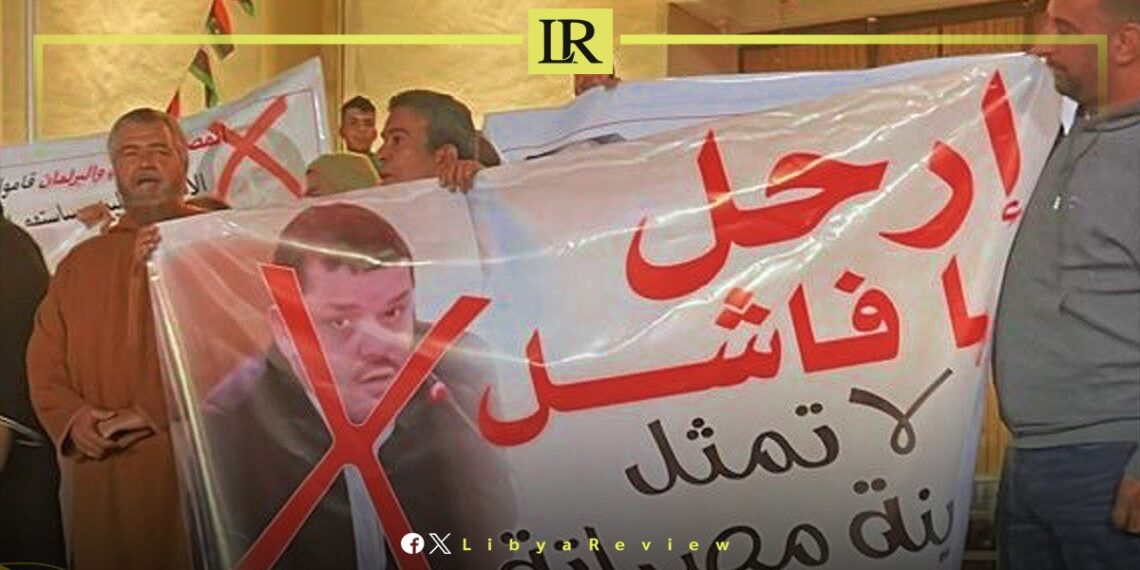Residents of Misrata have expressed concerns over the deteriorating living standards and economic instability in Libya, attributing these issues to the actions of Prime Minister Abdul Hamid Dbaiba, his government, and other political entities. A notable point of contention is the government’s introduction of a 27% tax on foreign currency transactions, as stipulated in Decision No. 15 of 2024.
The community has called for the judiciary to hold political figures accountable for financial mismanagement. They are also appealing to the governor of the Central Bank of Libya to address the banking sector’s liquidity issues and improve the efficiency of monetary transactions, particularly in critical areas such as healthcare and education.
Misrata’s citizens have criticized the handling of oil revenues and financial dealings with foreign companies by the government and the National Oil Corporation, demanding a fair resolution to their complaints.
Protests have erupted in Misrata, with demonstrators demanding the removal of Abdul Hamid Dbaiba and his interim government, blaming them for the nation’s worsening conditions.
This unrest comes as Libya continues to navigate the aftermath of the 2011 conflict that led to significant divisions and instability, impacting its oil-dependent economy. The ongoing turmoil has contributed to a humanitarian crisis, affecting residents and migrants alike. Additionally, the delay in planned elections, initially set for December 2021, due to disputes over election laws and candidate eligibility, has further complicated the prospect of achieving a peaceful political transition.


